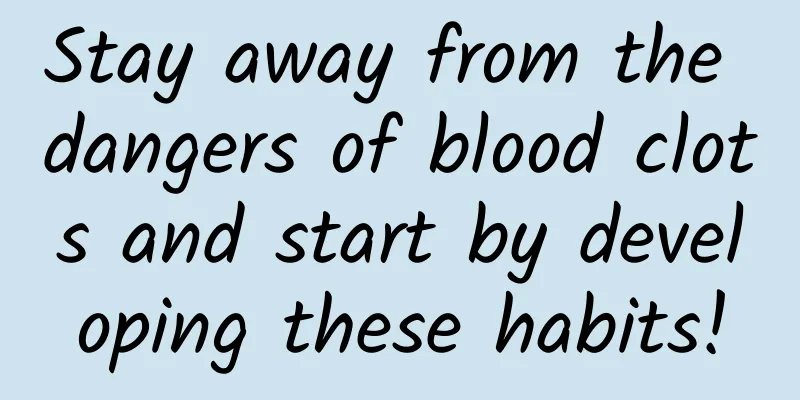"Turning danger into safety": What are the common adverse reactions of chemotherapy?

|
Chemotherapy is a battle against the disease and a test of vitality. In this journey, "turning danger into safety" is our common goal. But in this battle, some adverse reactions are inevitable. So, what are these common adverse reactions of chemotherapy? Allergic reaction: One is a local allergic reaction, which manifests as wheals, urticaria or erythema along the veins, usually within 15 minutes after the start of medication; the other is a systemic allergic reaction, which can manifest as facial redness, urticaria, hypotension, cyanosis, etc. Patients may experience itching, chest tightness, difficulty speaking, nausea, hearing loss, dizziness, chills, abdominal pain, defecation sensation and anxiety. If you experience these symptoms, please notify your doctor immediately. Anemia: Anemia is one of the common side effects of chemotherapy. We encourage you to eat more iron-rich foods, such as animal liver, kelp, beans, black fungus, longan, etc. If you experience dizziness, fatigue, palpitations and other discomfort symptoms, you should stay in bed and reduce activities. If necessary, you should inhale oxygen and take symptomatic medication. General fatigue: Fatigue is a normal reaction of the body during chemotherapy. Paying attention to rest and ensuring adequate sleep are effective ways to relieve fatigue. Decrease in white blood cells and neutrophils: This will increase your risk of infection, so please take care to prevent infection, pay attention to oral and skin hygiene, rinse your mouth frequently, take a bath frequently, develop good hygiene habits, take medication as prescribed by your doctor, keep warm and prevent cold, and proper exercise is beneficial to improve your own resistance. In terms of daily life, we recommend that you: Open windows frequently to ventilate and keep the indoor air fresh. Wash your hands before and after meals to avoid bacterial infection. Avoid contact with people who are infected or have colds to reduce the risk of infection. Gastrointestinal symptoms: If you experience symptoms such as nausea, vomiting, diarrhea, and bloating, you can eat small meals frequently, or add some small, high-calorie, nutritious foods to the three meals a day. Eat more light, easily digestible foods, more fruits and vegetables, and more alkaline foods to relieve gastrointestinal discomfort. Hair loss: This is one of the common side effects of chemotherapy. Don’t worry, your hair will grow back sooner or later after the chemotherapy cycle is over, depending on your condition. In this journey of "turning danger into safety", we are always by your side, facing challenges with you and providing you with support. Let us work together to overcome the disease and embrace a healthy life. |
<<: Symptoms of chronic cough in children
Recommend
How to match tight hip-lifting pants?
Even if you have a good figure, you still need to...
Abdominal pain half a month after delivery
Some women will also experience abdominal pain a ...
Can I wash my vagina after having a medical abortion?
After medical abortion, the blood stasis in the b...
Girls have itchy vaginal discharge
The female genitals are usually in an open state....
Abdominal pain ten days before period
If you experience dull abdominal pain more than t...
What is the normal age for girls to have menstruation
As we all know, women have their first menstruati...
Can I eat instant noodles during confinement?
Confinement is a very busy period for women. Ther...
What kind of ring is not harmful to the body?
IUD insertion is a common contraceptive method fo...
What is the relationship between combined detection of HPV and TCT and cervical cancer?
When it comes to cancer, everyone changes color a...
Is it true that you won't gain weight if you eat during your period?
Girls are worried about their body shape getting ...
"Fighting cancer with poison"! The virus modified by Chinese scientists can accurately and effectively kill cancer cells!
When talking about viruses, most people's fir...
Can you get pregnant if you have genital warts?
In life, genital warts are a common disease and a...
6 tips to prevent period headaches
PMS Headache before menstruation is generally a s...
Beware! Not eating staple food will shorten your lifespan!
Staple food, as the name suggests, is the most im...
How to get rid of inverted nipples
How to correct inverted nipples? In fact, there a...









